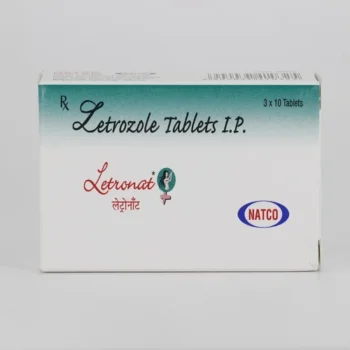At the pinnacle of wellness: Metabolic therapy inhibitors for Non-alcoholic Fatty Liver Disease revolutionaries. | Shoreline, United States
Among the rugged cliffs of peakShoreline, a groundbreaking approach awaits to tackle Non-alcoholic Fatty Liver Disease. Delve into transformative Metabolic therapy inhibitors medicine that captivate with their efficacy and innovation. Traverse new avenues in health management as you explore this virtual oasis of knowledge and empowerment. Embrace a journey towards holistic wellness through cutting-edge research on combating metabolic disorders effectively.
What is Metabolic Therapy
Metabolic therapy optimizes cellular processes to enhance overall health and combat diseases. Through targeted nutrition, exercise, and lifestyle adjustments, it aims to boost metabolism, regulate hormones, and improve energy levels for a vibrant, balanced life.
A Scientific Approach to Disease Management
In recent years, scientific research has increasingly emphasized the profound impact of metabolic therapy on various diseases. Studies demonstrate its efficacy in mitigating risk factors associated with cardiovascular ailments, such as hypertension and high cholesterol. Additionally, metabolic therapy showcases promising results in cancer treatment by disrupting tumor metabolism and enhancing chemotherapy effectiveness. Furthermore, its neuroprotective properties offer hope in combating neurodegenerative disorders like Alzheimer's and Parkinson's. Backed by robust scientific evidence, metabolic therapy emerges as a holistic approach, leveraging nutrition, exercise, and lifestyle interventions to address multifaceted challenges in disease management and prevention
Human Effects of Metabolic Therapy Inhibitors
Metabolic therapy inhibitors offer promising avenues in disease management, targeting specific pathways to disrupt disease progression. Applied in cardiovascular health, cancer treatment, and neurodegenerative disorders, these inhibitors demonstrate safety through precise targeting, minimizing off-target effects. By modulating cellular metabolism, they hold potential for personalized treatment approaches, offering hope for improved outcomes and enhanced quality of life in patients facing diverse medical challenges.
Conclusion
At the peak of scientific advancement, metabolic therapy inhibitors are proving to be a groundbreaking intervention for Non-alcoholic Fatty Liver Disease (NAFLD). This innovative approach targets specific enzymes and pathways involved in metabolism regulation, offering promising results in managing this prevalent liver condition. By inhibiting key metabolic processes related to lipid accumulation and inflammation, these therapies hold potential for reversing NAFLD progression. Research suggests that combining metabolic therapy with lifestyle modifications can lead to optimal outcomes for patients battling NAFLD. As science continues to unravel the complexities of metabolic disorders, such targeted interventions pave the way towards more personalized and effective treatments tailored to individual needs.

